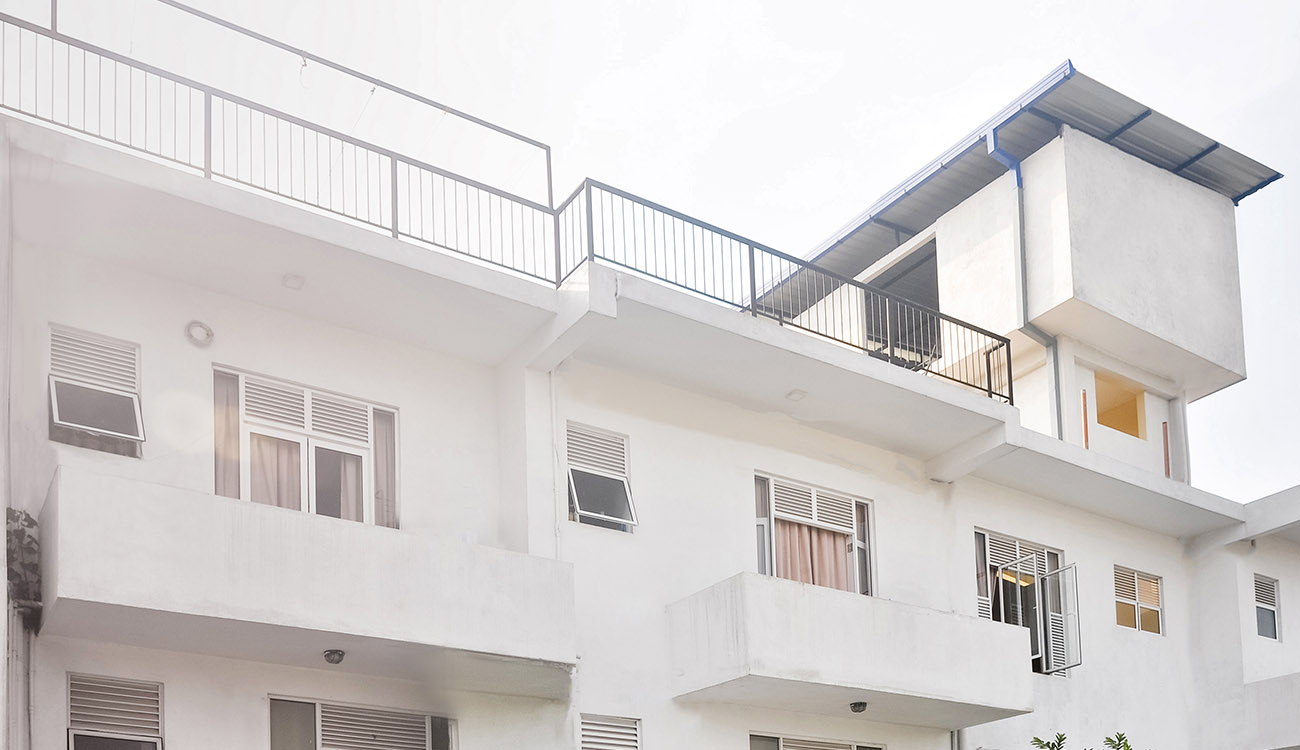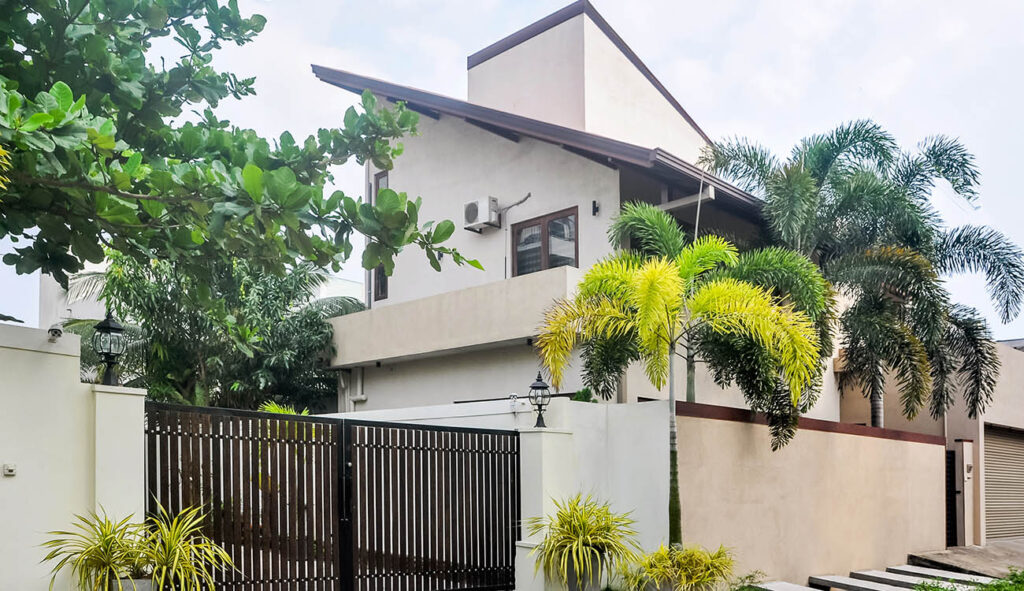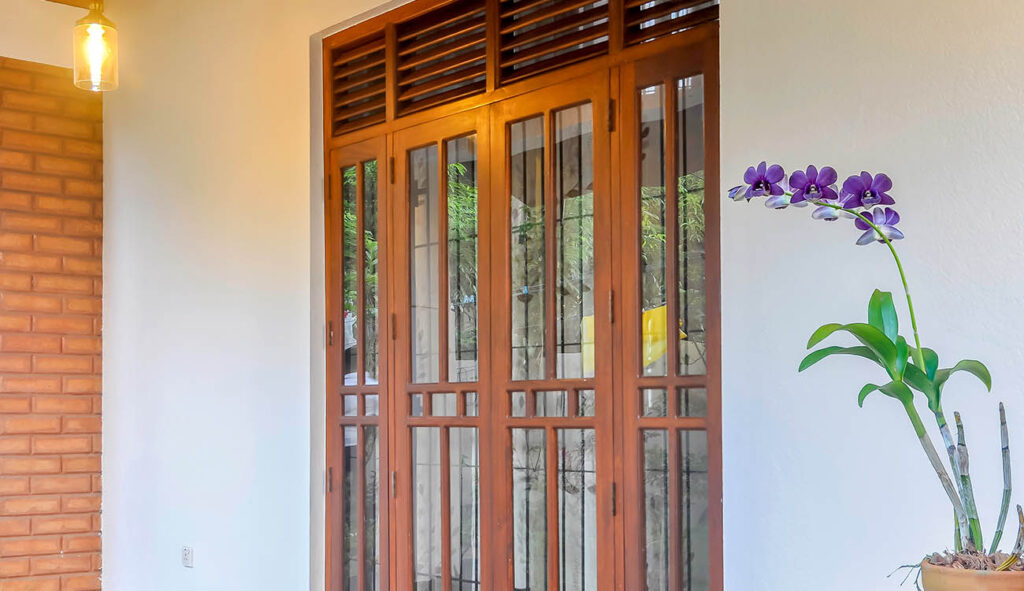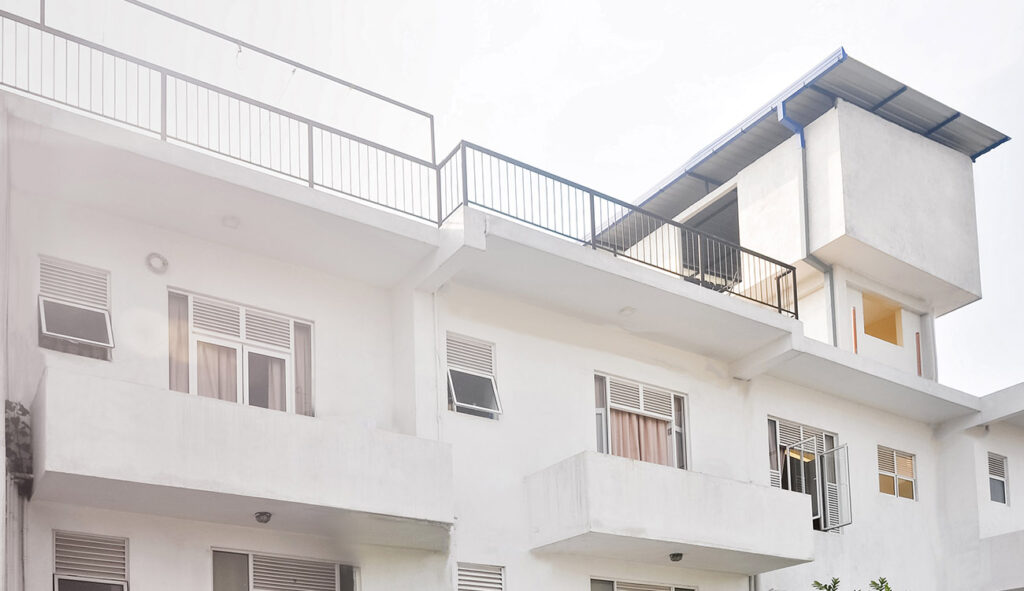Introduction
Building an apartment complex is a large-scale investment that requires thorough planning, legal compliance, and efficient execution. Whether you're developing for resale or rental income, each step must be carefully managed to ensure long-term success and profitability. This article offers key insights to help you navigate the apartment construction process smoothly and effectively.
Conduct a Market Study
Before you begin, understand the local demand for apartments in your target area. Is there more demand for luxury units, studio apartments, or family-sized homes? Knowing what potential tenants or buyers are looking for helps you design a project that meets market needs and generates strong returns.
Choose the Right Land
The location of your apartment complex can make or break your investment. Look for land with easy access to roads, public transport, schools, hospitals, and commercial centers. Also, check for zoning regulations, land use permissions, and soil stability before purchasing.
Work With an Experienced Construction Partner
Apartment construction involves complex structural planning, safety regulations, and high-volume resource management. Partnering with a trusted company like VPH Constructions (PVT) LTD ensures the entire project is handled with precision, safety, and adherence to government standards.
Plan for Amenities and Utilities
Modern tenants look for more than just four walls. Plan for amenities such as parking areas, elevators, backup generators, security systems, water tanks, garbage disposal, and possibly even rooftop gardens or gyms. Ensure all units have access to water, electricity, internet, and ventilation.
Comply with Regulations and Approvals
Apartment construction in Sri Lanka involves several legal approvals from local councils, urban development authorities, fire departments, and environmental agencies. Ensure all your architectural and engineering plans meet the required codes and secure approvals before breaking ground.
Budget for the Long Term
Aside from construction costs, plan for maintenance, property management, and marketing (if you’re renting or selling). Keep financial projections realistic and include contingency funds for unexpected challenges.
Design Smart, Live Smart
Work with architects to design smart floor plans that optimize space, natural light, and airflow. Sustainable building materials, solar energy systems, and water-saving fixtures are excellent long-term investments that also appeal to eco-conscious buyers and tenants.
Final Thoughts
Building an apartment complex is a rewarding venture that can bring in consistent returns when done right. With strategic planning, expert guidance, and a clear vision, your development can contribute meaningfully to Sri Lanka’s growing housing market while also building your reputation as a reliable property developer.
Sarah L - Project Coordinator
This article sheds light on important industry trends, offering valuable strategies for navigating construction challenges effectively.
Worker Productivity due to Safety Concerns
Rain is one of the most common weather-related factors that can disrupt a construction project. Heavy rainfall can cause delays in various activities, such as excavation, concrete pouring, and roofing. Wet surfaces can lead to safety hazards like slips and falls, and excessive water can damage materials such as wood, drywall, or electrical components.

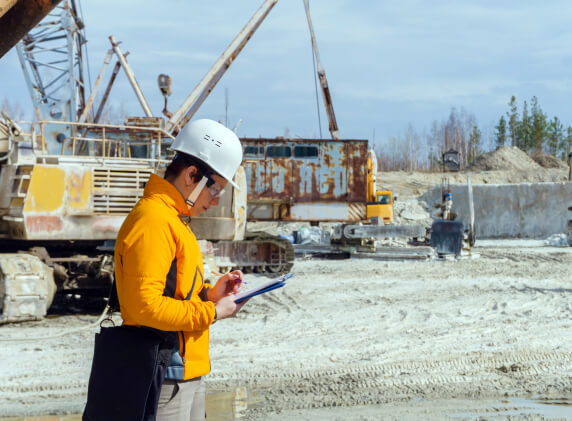
Delivering superior construction projects through expert craftsmanship, innovative techniques, and a commitment to quality. It involves balancing aesthetics with functionality, ensuring that each structure not only looks impressive but also stands the test of time. This approach focuses on meticulous planning, sustainable materials, and advanced technology to create buildings that are both durable and efficient. By prioritizing attention to detail and client satisfaction.


